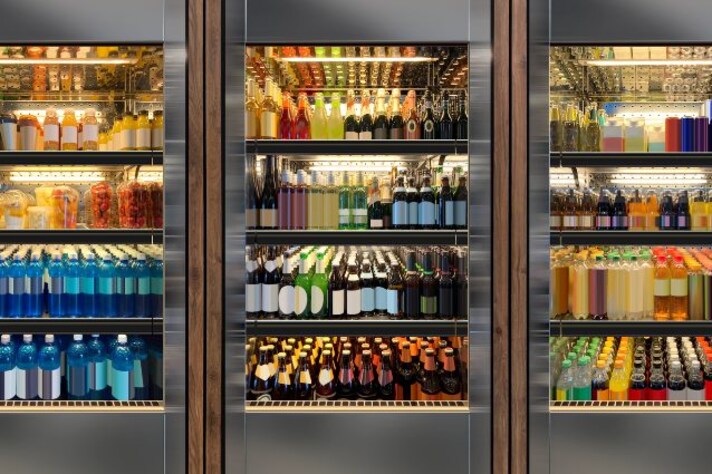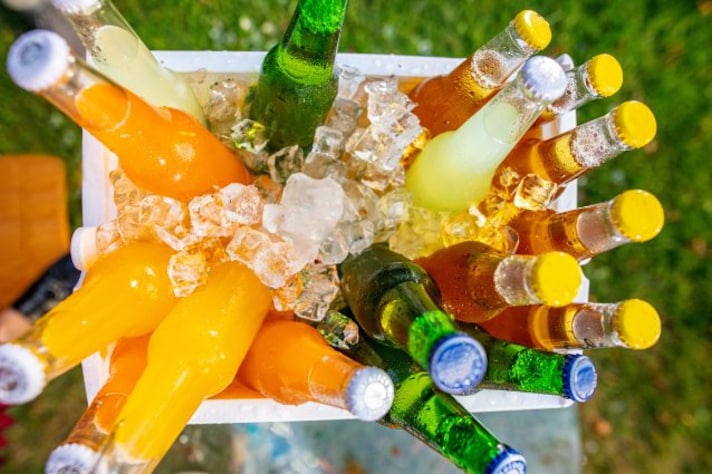
Alcohol’s freezing point depends on its alcohol by volume (ABV). Higher ABV spirits like vodka, gin, and whiskey have lower freezing points, meaning they can withstand colder temperatures without solidifying. For instance, vodka, with an ABV of around 40%, won’t freeze solid in a typical home freezer, which is usually around -18°C (0°F). Spirits with lower ABVs, like beer or wine, will freeze much more quickly because they contain more water.
This difference in freezing points is all about the water-to-alcohol ratio. Since alcohol has a much lower freezing point than water, spirits with higher ABVs contain less water, which keeps them liquid at colder temperatures. In contrast, drinks like beer and wine have more water content, which raises their freezing point closer to that of water itself. So, if you’ve ever pulled a slushy beer out of the freezer, it’s because its water content couldn’t hold up against the chill.
The Effects of Freezing Liquor on Taste and Texture
While freezing doesn’t turn high-proof spirits like vodka or gin into ice, it does impact their texture and flavor. At colder temperatures, vodka and gin can feel smoother and more viscous, making for a silkier sip. Whiskey enthusiasts, however, might find that freezing dulls its complex aromas and flavors. So, if you’re a fan of whiskey’s rich notes, it’s best to enjoy it at room temperature or with a splash of water instead of chilling it in the freezer.

Not all spirits benefit from freezing. Alongside whiskey, rum and tequila, are best stored at room temperature. These spirits have nuanced flavors that can be muted or altered by extreme cold. Freezing can dull their aromas, leaving you with a flatter, less vibrant taste. Additionally, any cream-based liqueurs should stay out of the freezer, as the cream can separate or become grainy when exposed to low temperatures.
A Few Handy Tips for Freezing and Chilling Liquor
If you love your vodka or gin extra cold, keeping a bottle in the freezer is perfectly fine and even enhances their texture. Here are a few quick tips:
- Choose High-Proof Spirits: Only freeze spirits with an ABV of 40% or higher to prevent them from solidifying.
- Use Freezer-Friendly Bottles: Some glass bottles aren’t designed for extreme cold and can crack or shatter.
- Don’t Freeze Opened Bottles for Too Long: If you have an opened bottle in the freezer, try to use it within a few months for optimal taste.

So, Should You Freeze Liquor?
For a smooth, chilly sip, freezing vodka or gin can be a fun way to enhance the experience. Just remember, not all spirits are freezer-friendly—so if it’s whiskey or rum, you’re better off leaving them in the cupboard. Happy sipping!
;Resize,width=767;)
